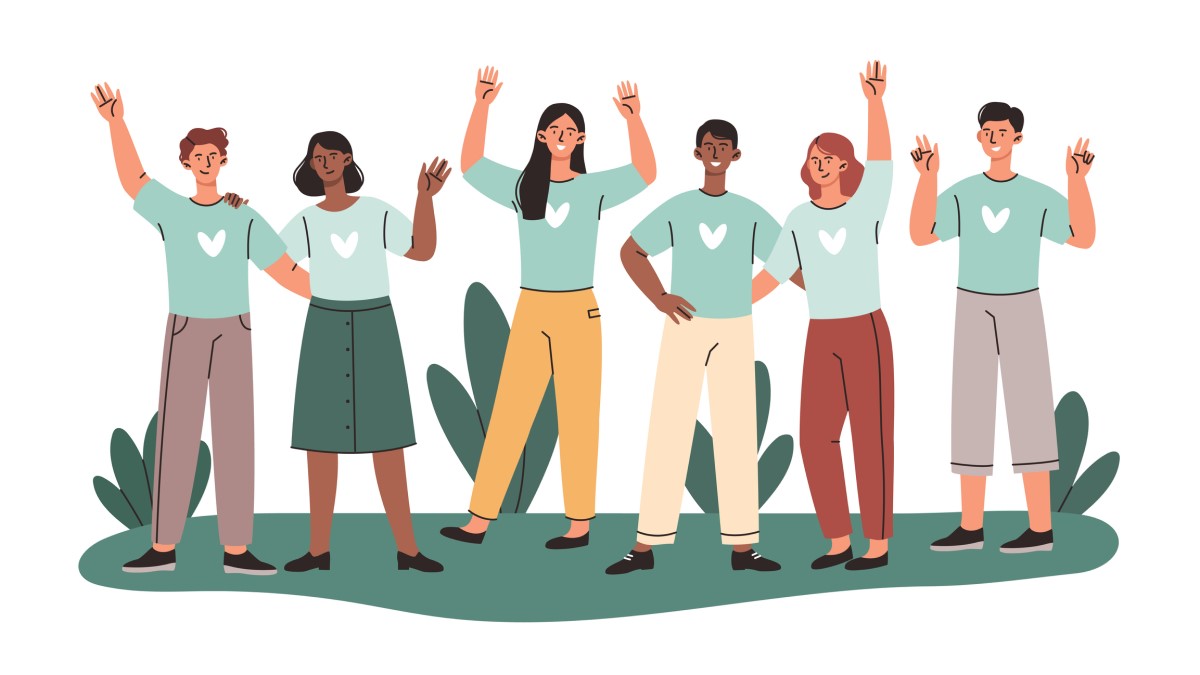
This was one of the key findings of a new study titled “Transforming the Volunteer Experience in the Social Service Sector”, published by SMU researchers at the SMU Lien Centre for Social Innovation (LCSI) in collaboration with the National Council of Social Services (NCSS) in support of SG Cares. This analysis is also the first of its kind focusing on investigating and enhancing volunteerism in Singapore. It took in the perspectives of volunteers and volunteer managers through a mixed method approach.
“Volunteers augment the manpower capacity in the non-profit sector. This volunteer experience study, a collaboration between NCSS and SMU, provides us with valuable data and insights on what motivates different groups of volunteers,” explains Ms Tan Li San, chief executive officer for NCSS.
“NCSS can then better direct our work with non-profit organisations to strengthen volunteer-management practices, enabling volunteers to better support those in need.”
Five key features of the framework
The study was designed and carried out in two phases. In the first phase, a quantitative study sought to understand the perspectives of volunteers in the sector, based on the findings from a total of 180 volunteers across 112 SSAs in Singapore. In the second phase, 10 volunteer managers were qualitatively interviewed in order to understand their perspectives.
Using the insights gained from the data, LCSI researchers developed a framework for what constitutes a quality volunteering experience.
- Connectedness, how deep the volunteer’s sense of connection is to the cause and organisation;
- Enjoyment, how much they find joy in what they are doing;
- Exposure, whether they have a broader life experience through their activities or the people they come in contact with;
- Flexibility, whether these activities fit in with the volunteer’s daily life and whether it can be balanced with work and family life;
- Impact, whether they feel that they are making a difference and feel appreciated.
“SMU Lien Centre for Social Innovation is delighted to continue to build capacity and thought leadership in the social-impact sector. Identifying the five key features of enhancing the volunteer experience will allow Social Service Agencies to maximise a sustainable and mutually beneficial strategy in uplifting both clients and volunteers,” said Mr Steve Loh, Executive Director, Lien Centre for Social Innovation.
Surveys or simple chats
Some of the recommendations made by the study suggest that SSAs can implement Know-Your-Volunteer (KYV) strategies, such as the administering of a simple survey to assess the volunteer’s needs and understand them better.
Another strategy – which does not require additional data collection – can just be done by paying attention to intuitive volunteer profiling such as by identifying life stage or volunteer role, that can be found in application forms. For example, young-adult volunteers were found to be more likely to stop volunteering if they perceived it as a source of too much stress.
By understanding their volunteers better, SSAs can better allocate their activities according to the association’s needs, while increasing volunteer retention.
Another recommendation is to introduce Volunteer-Centered Organisational Strategies. Many SSAs show appreciation for volunteers in their own ways, but by including volunteers in the organisation’s management team, or empowering them to progress into leadership roles, the volunteer experience can be further improved.
One volunteer-centered organisational strategy would be to incorporate people-development strategies like those currently in use in the corporate world, into volunteer management. For example, communicating the SSA’s vision and mission would bring everyone onto the same page; as would investing in technology to promote structured engagement of volunteers, and exposing them to networking events, outings and training.
The full report of this study can be found published on the LCSI website.


